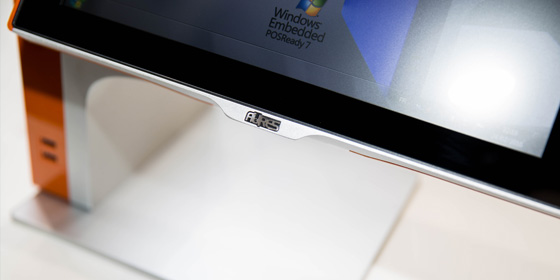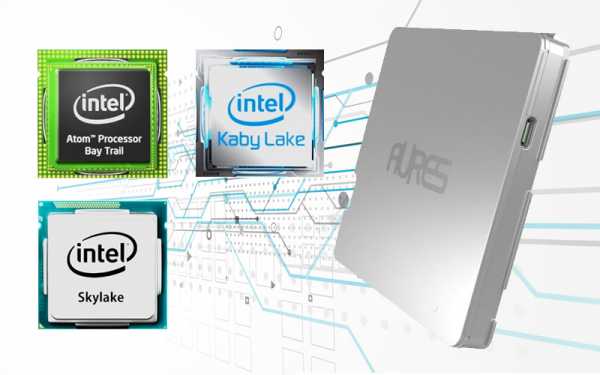In this blog we will outline the differences in the three main EPOS system processors we have available. At their core, all AURES EPOS terminals are computing units designed to meet the specific needs of a point of sale environment. Behind the user-friendly capacitive touchscreens, behind the high-speed network systems, behind all the front-end software that helps you run your business, there is a computing processing unit (CPU) in each machine driving it all.
These CPUs are identical to the processors which run your laptops or desktop computers. As anyone who has ever upgraded PC or laptop no doubt knows, the choice of processor goes a long way in determining the performance of your machine.
Across our range of all-in-one EPOS terminals – YUNO, SANGO, TWIST, TWIST-P and JAZZ models – we offer a choice of three EPOS system processors from Intel: the Celeron J1900, the i3 and the i5. We also offer the NINO with a J1900 as standard.
As one of the world’s leading CPU manufacturers, Intel was prominent in bringing multi-core processing technology to market, an approach to processor design which increases speed and capacity while reducing heat dissipation and energy consumption. All of the processors supplied in our terminals are either dual-core or quad-core. But what is the difference, and what difference does it make to your EPOS system?
Let’s take a closer look at the three main EPOS system processors available across most of our terminal range.
Intel Celeron J1900
Whilst its graphics processing capabilities probably wouldn’t make it first choice amongst gamers looking for a cutting-edge HD experience. The J1900 is a highly power efficient quad-core processor which delivers significant energy efficiency savings and performance gains compared to its predecessors. In terms of speed, it is best suited to moderate software loads and is ideal for those with cloud-based solutions.
However, a key benefit of the J1900 is that its thermal design profile (TDP) is just 10 watts, it’s very low and efficient energy rating makes it particularly suitable for installation in EPOS terminals that are running all day, every day and also great for smaller, compact units. Overall, the J1900 is a great option for minimising energy consumption when using cloud-based or standard consumption EPOS software platforms.
Intel i3-6100U
Despite only being a dual-core processor, the Intel i3-6100U is actually faster than the J1900, so is well suited to high traffic, high volume sales environments. One of the reasons for this is that the i3 makes use of what Intel calls hyper-threading technology, which makes the two physical cores work as if there are in fact four using a virtualisation technique.
The payback for the i3’s speed is that its TDP is up to five times higher than the J1900, meaning considerably greater power consumption.
Intel i5-7300U
The i5 is the highest spec processor we offer in our terminals. It combines the high-speed, hyper-threaded dual core performance of the i3 with greater energy efficiency, and is also capable of handling demanding software loads. The i5 is therefore the logical choice for businesses running more sophisticated EPOS platforms, perhaps as part of a larger business management or ERP solution, where speed and efficiency still matters.
If you would like to discuss the different processor options we offer and which unit they can run on please contact a member of the team on 01928 599 966.




